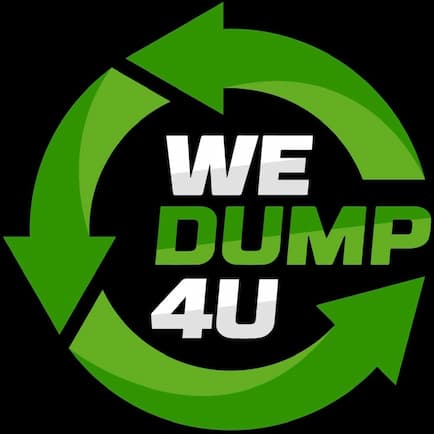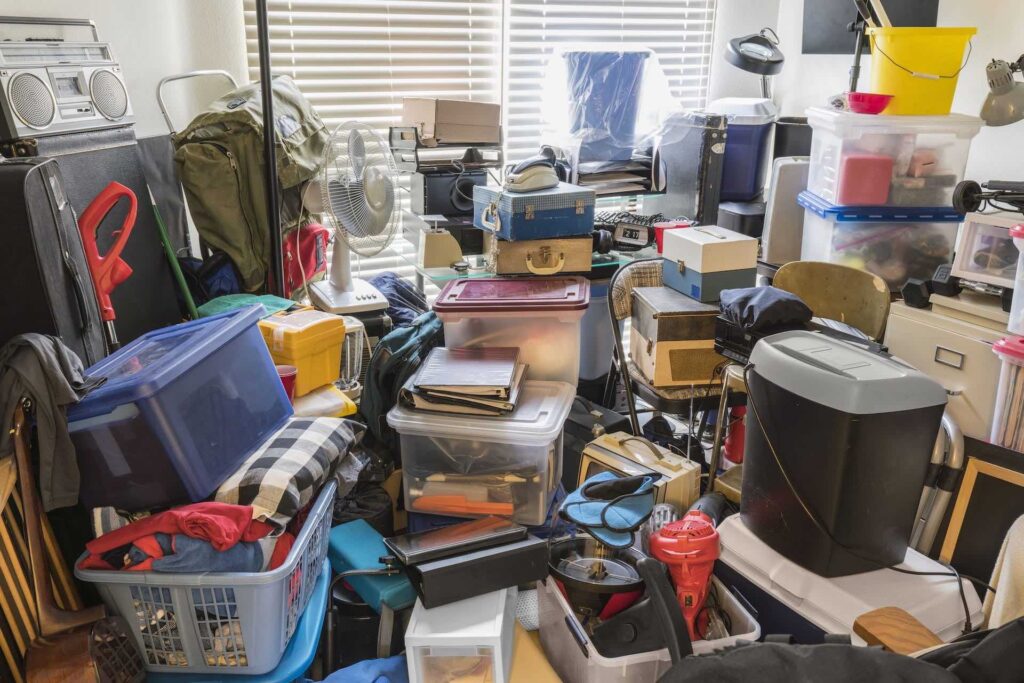\Managing household waste is a responsibility that every homeowner in the UK faces. While some people opt to use professional waste removal services, others prefer to tackle the task themselves. While there are benefits to a DIY approach, there are also drawbacks that must be considered. In this article, we’ll examine the pros and cons of removing household waste yourself, providing a balanced perspective to help you make an informed decision.
What Does Removing Household Waste Yourself Involve?
Before diving into the pros and cons, it’s important to understand what removing household waste by yourself entails. It typically involves sorting, bagging, and transporting waste to appropriate disposal facilities. This could include trips to local recycling centres, composting biodegradable materials, and correctly disposing of hazardous items.
The Pros of Removing Household Waste By Yourself
1. Cost Savings
Doing it yourself can save money, as you won’t need to pay for professional waste removal services. This is especially beneficial if you’re working on a tight budget and can manage the task with minimal expense.
- Free Local Council Services: Many UK councils provide free waste collection for certain types of waste, including garden waste or small amounts of bulk items.
- Avoid Service Fees: Professional services charge based on the volume and type of waste, which can add up.
2. Flexibility
Removing household waste yourself allows you to work at your own pace and on your own schedule. There’s no need to wait for appointments or adjust your plans to fit a service provider’s timeline.
- Convenient Timing: You can organise waste removal during a weekend or holiday that works for you.
- On-Demand Disposal: If waste builds up quickly, you can deal with it immediately instead of waiting for a collection.
3. Personal Satisfaction
Handling your own waste removal can be rewarding. For those who enjoy decluttering, it can provide a sense of accomplishment.
- Environmental Awareness: Sorting waste yourself allows you to see the direct impact of recycling and sustainable practices.
- Tailored Organisation: You have full control over what gets recycled, donated, or discarded.
The Cons of Removing Household Waste By Yourself
1. Time-Consuming
One of the biggest drawbacks of removing household waste yourself is the time it takes. Sorting, loading, and transporting waste can take hours or even days, depending on the volume and type of waste.
- Trips to Recycling Centres: You may need multiple trips to the local recycling centre, especially if you’re dealing with large amounts of waste.
- Sorting Waste: Separating recyclables, hazardous materials, and general rubbish can be a meticulous process.
2. Physical Strain
Removing household waste can be physically demanding, particularly if it involves heavy or bulky items.
- Lifting Hazards: Carrying heavy furniture or appliances can lead to back pain or injury if done incorrectly.
- Weather Challenges: In the UK, wet or cold weather can make the task even more unpleasant and challenging.
3. Limited Knowledge of Regulations
Improper disposal of waste can lead to fines or environmental harm. Local councils have strict rules about what can and cannot be thrown away, and not everyone is familiar with them.
- Hazardous Waste: Items like batteries, paint, or electronics require specialised disposal, and failing to comply with regulations could result in penalties.
- Fly-Tipping Risks: Incorrectly disposing of waste in unauthorised areas is illegal and heavily fined in the UK.
4. Lack of Equipment and Resources
Professional waste removal companies often have the right equipment to handle large-scale or difficult waste removal. Without these, a DIY approach can be more complicated.
- Transport Limitations: If you don’t own a suitable vehicle, transporting large items to a disposal site can be challenging or expensive.
- Disposal Costs: While some waste removal may be free, certain items (like mattresses or large appliances) may incur disposal fees at recycling centres.
Factors to Consider Before Removing Household Waste By Yourself
1. Volume of Waste
If you have a significant amount of waste, such as during a house clearance or renovation, a DIY approach might be overwhelming. Professional services might be more efficient.
2. Type of Waste
Certain types of waste, such as electronics or hazardous materials, require specialist handling. Ensure you have the knowledge and facilities to dispose of these items correctly.
3. Time and Energy
Assess how much time and energy you’re willing to invest. If your schedule is packed or the task feels too daunting, hiring professionals might be a better choice.
4. Environmental Impact
If you’re committed to recycling and sustainability, make sure you understand the proper channels for recycling and disposing of waste responsibly.
When to Consider Professional Waste Removal Services
Although removing household waste yourself has its advantages, there are times when hiring professionals is the better option:
- Large Volumes of Waste: For big clearances, professional services can save time and effort.
- Specialised Waste: Items like electronics, asbestos, or chemicals should be handled by experts.
- Convenience: If you lack the time or means to transport waste, professionals can provide an easy, hassle-free solution.
Conclusion: Finding the Right Balance
Removing household waste yourself in the UK can be a cost-effective and rewarding option for small-scale waste management. However, it comes with challenges such as time investment, physical strain, and the need for compliance with local regulations. By weighing the pros and cons and considering your unique situation, you can determine whether a DIY approach or professional waste removal service is the best fit for your needs.
Ultimately, understanding your capabilities and limitations, as well as the type and volume of waste you’re dealing with, will help you make the most informed decision. Whether you go it alone or seek professional assistance, responsible waste disposal is vital for keeping your home and environment clean and sustainable.


